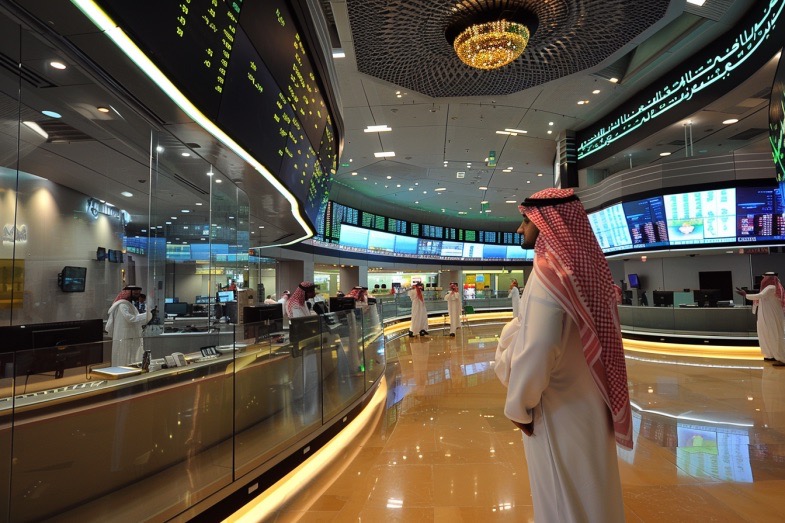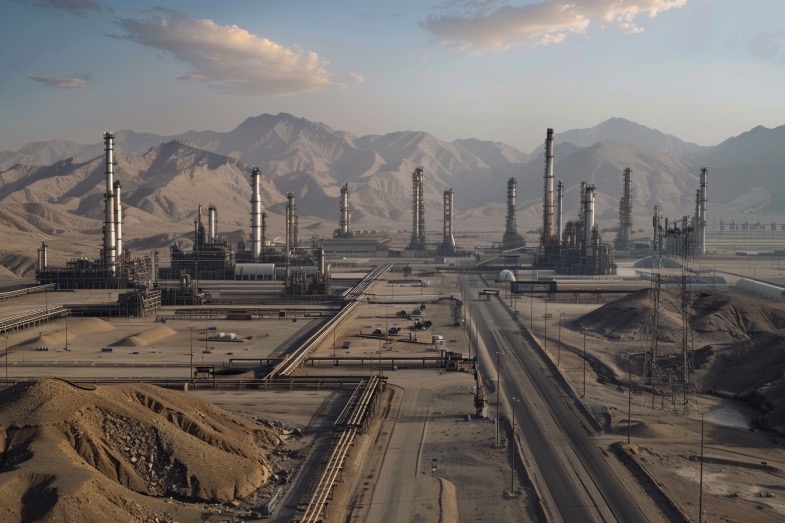France, Germany, and UK Trigger Snapback Sanctions on Iran Over Nuclear Program
In a bold move, France, Germany, and the United Kingdom have initiated the process to reimpose UN sanctions on Iran due to its nuclear program.
The triggering of the so-called snapback sanctions, a decision welcomed by the United States, comes at a time when diplomatic efforts to curb Iran’s expanding nuclear program have hit a roadblock. Tehran has condemned the move and issued warnings about potential consequences for the reimposition of sanctions.
The “E3” countries officially notified the UN Security Council on Thursday regarding their activation of the snapback mechanism. This mechanism would reinstate all UN sanctions that were previously lifted under the 2015 Iran nuclear deal, known as the Joint Comprehensive Plan of Action (JCPoA).
Iran has been progressively breaching the terms of the nuclear deal since President Donald Trump withdrew the US from the agreement in 2018.
“Today, Iran’s non-compliance with the JCPoA is evident and intentional, with major proliferation sites in Iran operating outside of IAEA monitoring,” stated the foreign ministers of France, Germany, and the UK in a joint statement. “Iran’s nuclear program poses a clear threat to international peace and security.”
Iran’s Foreign Ministry criticized the move on Thursday, labeling it a “provocative and unnecessary escalation” that would be met with “appropriate responses.” The ministry expressed concerns that the E3’s decision could jeopardize Iran’s cooperation with the IAEA.
Iran has long insisted that its nuclear program is solely for peaceful energy purposes, with plans to construct additional nuclear power plants to meet domestic energy needs and increase oil exports.
However, nuclear plants require uranium, and according to the UN nuclear watchdog, Iran currently possesses uranium levels that are typically associated with nuclear weapons programs, not purely peaceful endeavors.
Under the 2015 deal, Iran agreed to stringent restrictions on its centrifuges, a significant reduction in its uranium stockpile, and a cap on uranium enrichment levels at 3.67%, down from nearly 20%. In return, Tehran received billions of dollars in sanctions relief.
Despite these agreements, Iran has significantly escalated its uranium enrichment activities since the US withdrawal from the nuclear deal in 2018. Tehran’s uranium stockpile has increased by 50 times since then.
The snapback process allows for 30 days, providing Tehran a window to take action to prevent the reimposition of sanctions. The E3’s decision to trigger the snapback now is motivated by the expiration of the snapback sanctions option in October 2025.
“This was not a decision made lightly,” stated a British official on Thursday. The E3 cited Iran’s substantial noncompliance with the 2015 deal, its highly enriched uranium stockpiles, and a lack of adequate response from Iran as reasons for their action.
“We believe this is not the end of diplomatic efforts, and we remain committed to a negotiated solution,” the official added.
The foreign ministers of the E3 countries emphasized in a joint letter to the UN Security Council that the measures for sanctions and restrictions were not new, having been previously agreed upon and lifted due to Iran’s commitments under the JCPoA. However, Iran’s failure to uphold those commitments led to the current situation.
While the head of the IAEA expressed optimism for renewed inspections, urging Iran to engage in constructive diplomacy to address concerns about its nuclear program, the United States welcomed the E3’s move to trigger snapback sanctions while remaining open to further diplomatic engagements.
Secretary of State Marco Rubio urged Iranian leaders to take immediate steps to prevent Iran from acquiring nuclear weapons, promoting peace and prosperity for the Iranian people. Israel’s Ambassador to the UN, Danny Danon, also lauded the snapback as a crucial step in halting Iran’s nuclear ambitions and increasing pressure on the regime.



